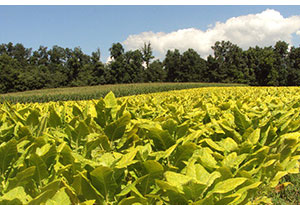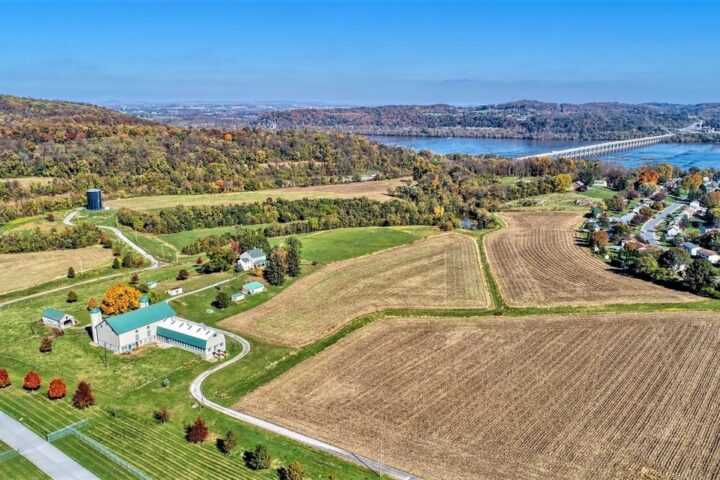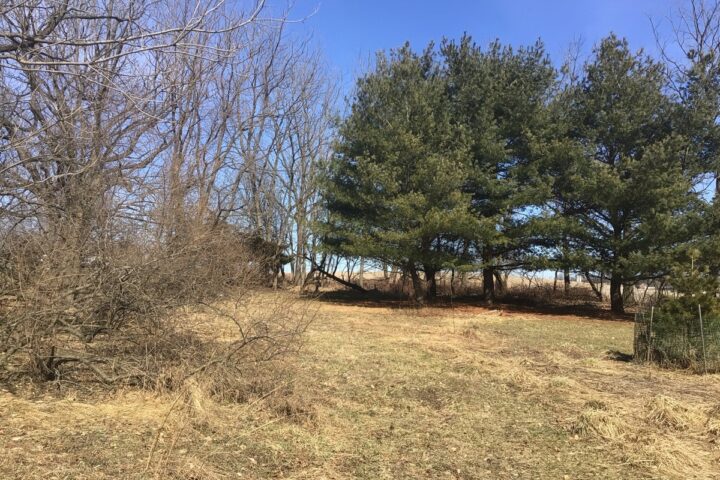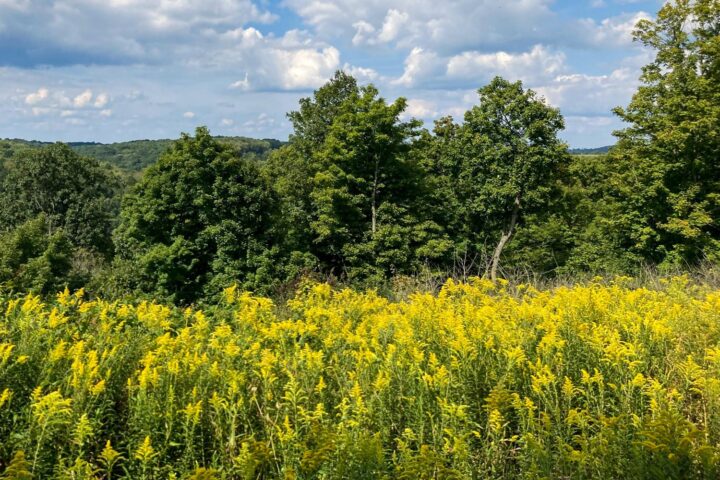Honey Brook Township is positioned as one of the premier agricultural production areas in both Chester County and the state of Pennsylvania. Because of its rich farmland soils and a climate that allows agricultural production without the need for costly irrigation, 70% of the land in Honey Brook Township is used for farmland. Of that land, 35% of it (or 4,710 acres) has been preserved through the township’s Open Space Program, in cooperation with state, county, and other agricultural programs.
The high number and concentration of Amish farmers in Honey Brook Township is one aspect of its farming community that makes it unique to much of Chester County. About 60%-70% of the farmers in Honey Brook Township are Amish, with many of them passing their farm down from one generation to the next. As the population continues to increase over the next few decades, farmland becomes a vital concern to meeting the need for increased food production in Honey Brook Township. Because of this, strong consideration must be given to continue preserving the township’s farmland, agricultural heritage, and natural resources – as these assets provide food security into the future.
In 2005, Honey Brook Township residents approved a 0.5% earned income tax to fund open space preservation in the township. The following year, Honey Brook Township instituted a Land Preservation Committee to set up the first Open Space Program. The program, which still exists today, has become very successful at leveraging funding from other sources such as the county and state, as well as the Brandywine Conservancy and the City of Wilmington – which benefit from water quality improvements made at the headwaters of the Brandywine Creek in Honey Brook Township.
Outreach to Honey Brook Township’s Amish farming community has contributed to the success of the Open Space Program. In recent years, culture within the Amish community has shifted, and many farmers appreciate the intent of agricultural easements and the township’s land preservation efforts to help preserve the farming industry. The amount each farmer receives for agricultural easement varies, but is typically around $6,000 per acre. Since communications to the Amish community are generally spread by word-of-mouth, the township also holds an annual breakfast in partnership with the Brandywine Conservancy each January, as well as one-on-one meetings with farmers throughout the year to provide additional information.
Honey Brook Township’s Open Space Program has been in place for 14 years, and generates $840,000 each year on average. Though the program has no official end date, it is planned to wind down in 2032, at which time the program is expected to have spent about $60-million towards open space preservation, with only $20-million coming from the township. Township Supervisor, John McHugh, sees great value in establishing Open Space Preservation Programs in other townships, and stresses the importance of starting sooner rather than later, as well as sharing best practices with neighboring municipalities.
“We must work together as a region in order to be successful,” says McHugh. “Land preservation matters on an industry scale and a watershed scale, rather than within municipal boundaries, so a regional approach to land preservation – whether for conservation purposes, or for agricultural preservation purposes – is optimal.”
Farmland preservation and the selling of development rights is what helps to maintain Honey Brook Township’s uniqueness, and allows for the continuation of family-owned agricultural operations. Residents are encouraged to attend the Honey Brook Township’s Land Preservation meetings to listen, learn more, and share input. Information on the meetings can be found in the township newsletter, or on their website.
Original article posted on May 6, 2020 from Chester County Planning Commission.





